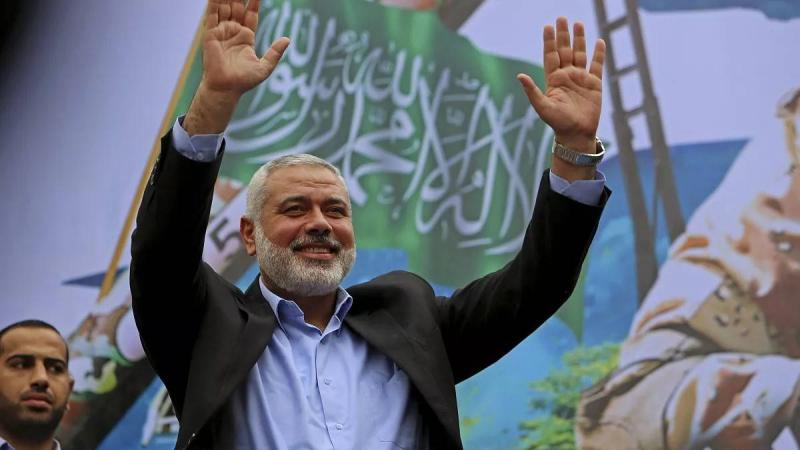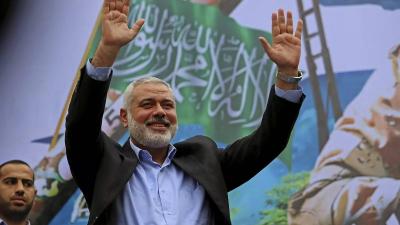Ismail Haniya was aware that he was at the top of the Mossad's list for elimination, despite the fact that the Israelis knew he had no connection to the attack on October 7. For years, Haniya had been at odds with Sinwar and the current leadership of Hamas, having been ousted from the leadership of the movement, which he headed from 2006 to 2017. Yahya Sinwar, who came from Israeli prisons after spending twenty years there, gained the trust of the military group within the organization. Through them, he took control of the leadership and won its elections, working to sideline Haniya and his associates, whom he accused of complacency and favoring political solutions under regional pressures.
This does not label Haniya historically as a dove or a peace advocate; he is known to be more pragmatic and less adventurous. Even during the negotiations in Doha in recent months, while seeking a solution to end the war in Gaza, Haniya tried and failed to pressure Sinwar, who undermined all of Haniya’s work and achievements over months of difficult negotiations. So why was he assassinated by the Israelis? He was assassinated because he was the leader of Hamas and one of its most prominent figures. Had Haniya succeeded a few months ago in stopping the war according to the agreement that the negotiators were pursuing, perhaps he could have saved the lives of thousands of Palestinians, including himself.
His elimination serves the extremists within Hamas and, of course, Netanyahu's government, which fulfilled one of its main promises, to eliminate Hamas leaders, even if it could not capture Sinwar. Netanyahu and Sinwar have sealed the future of Hamas, and the movement, as well as the Gaza Strip, has become a victim of the extremists' calculations, along with Tehran, which decided late last year to experiment with changing the rules of the Palestinian game and preventing regional reconciliations. The cost has been high for both Israel and Iran, with the highest price paid by the Palestinians, and Haniya is one among almost forty thousand victims so far.
Some may be surprised that we mourn Haniya after having previously directed accusations at him, and this is true; exactly what we feared has occurred. Haniya and the Hamas constituency continued to bet that Tehran and its political project would achieve for them the Palestinian state project, through the military pressure policy pursued by Tehran via its extensive network of proxies. This mirage has yielded nothing but increased catastrophic losses and setbacks in favor of Israel.
However, we know that Haniya, unlike Sinwar, due to his political experience, could have changed the movement's course and exploited the crisis to reach a solution, possibly beyond a ceasefire and even further than Gaza itself. This political failure, lost opportunities, and the innocent lives lost cannot be justified. All we can do is pray for Haniya's mercy and hope for a wise leadership that can save this people from Israeli tyranny, Arab chaos, and regional exploitation.




